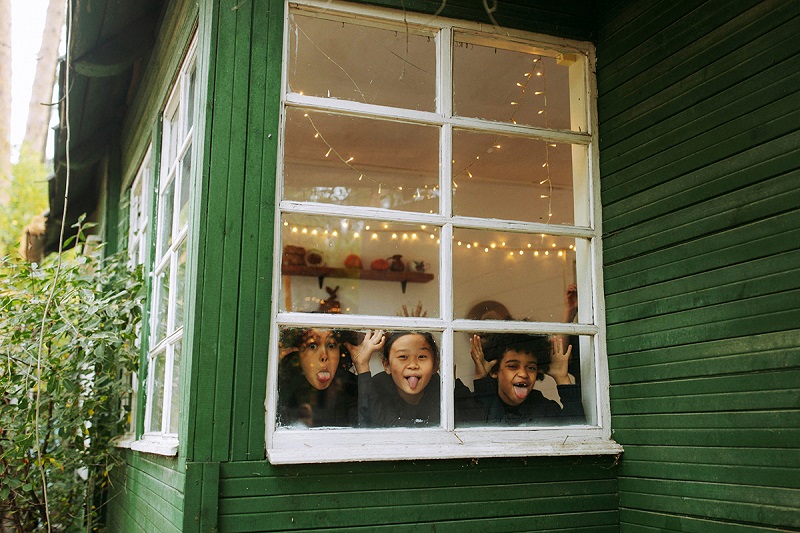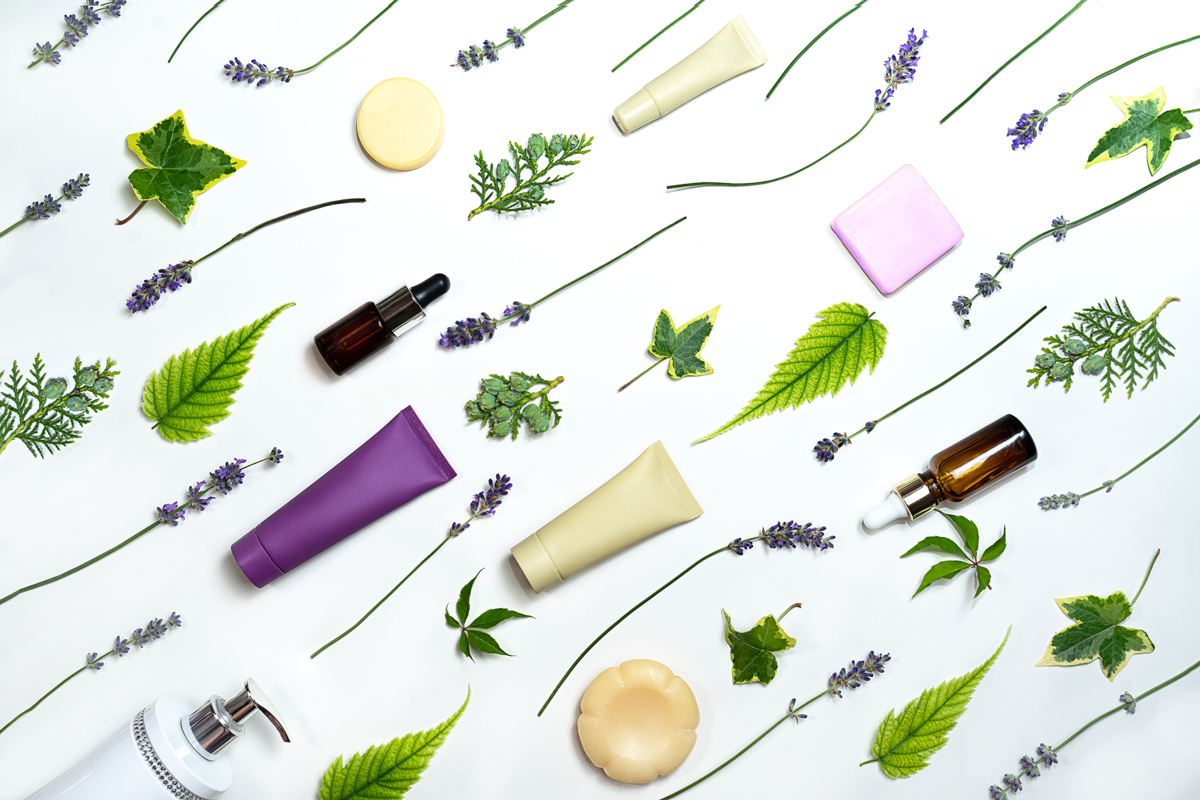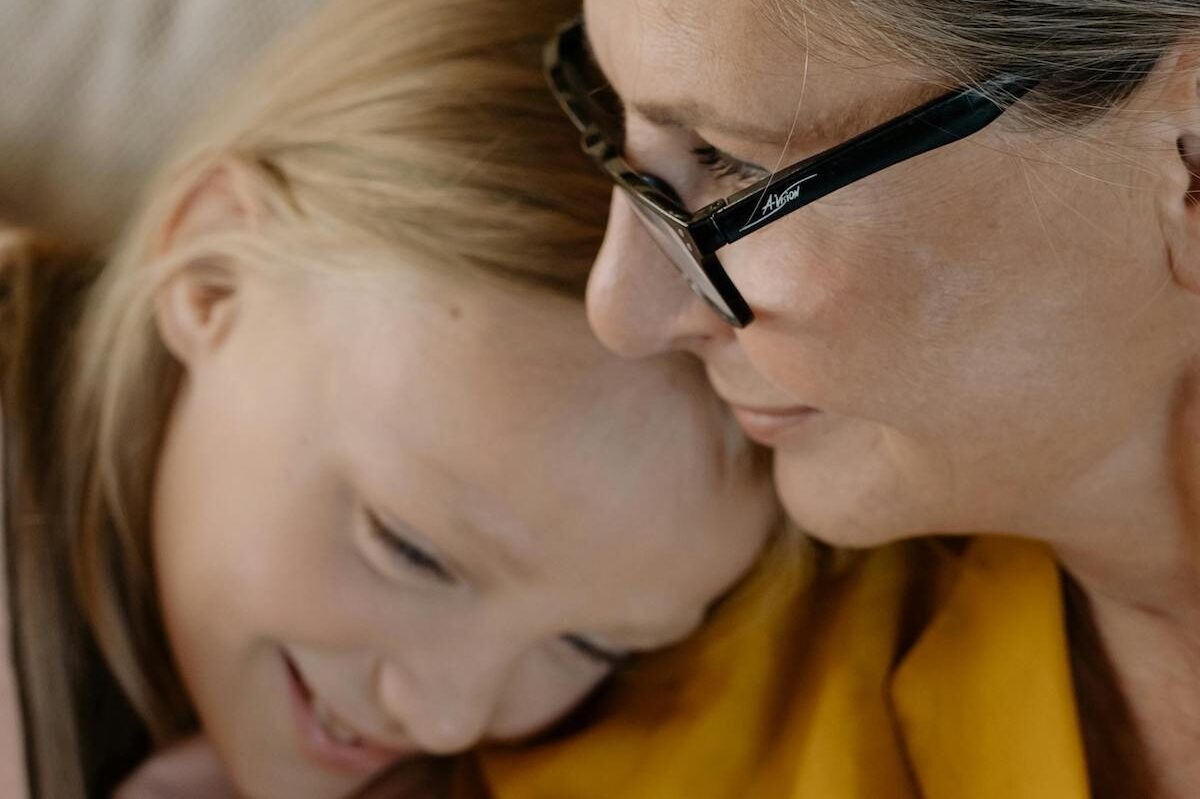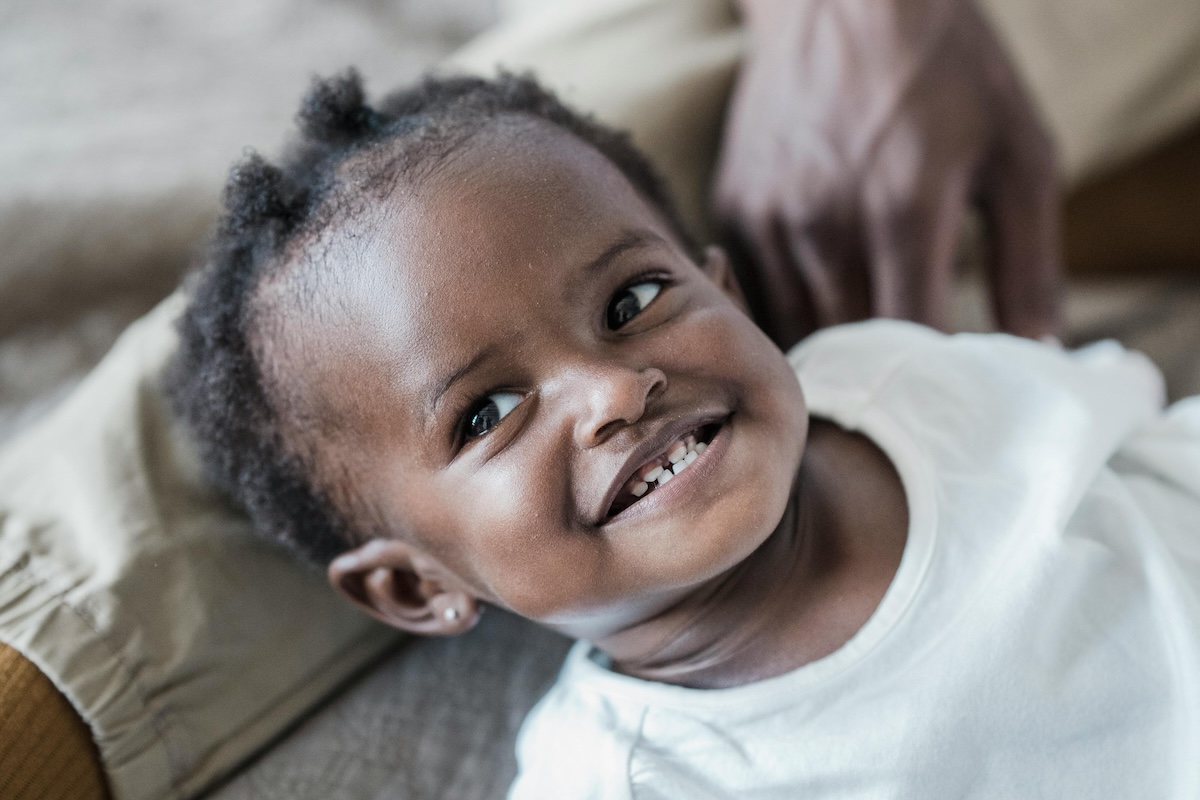You’re not imagining it: puberty starts earlier than it used to. Today it begins between ages 8 and 9 for the average girl and 9 and 10 for the average boy. This can feel like shocking news to those of us who went through it a generation or two ago, when it hit sometime between 11 and 11.5 for most kids.
Noticing a kid’s breast buds or enlarging testicles, especially on an 8- or 9-year old, might inspire a host of strong feelings, starting with panic, worry, and fear. Knowing this is within the range of “normal” very well might cause its own set of feelings among adults.
Our goal is to provide a foundational understanding of modern puberty that in turn offers information and reassurance when approaching your own kid. We’ll cover a few areas here:
- How the timing of puberty has changed over the past couple of generations
- How our definition of puberty has evolved and broadened over time
- Initial ways into a conversation with your kid about puberty
So take a deep breath, and welcome to today’s puberty.

What do we know about the timing of puberty?
Our story begins with the data collected by British doctor James Tanner in the 1940s, ’50s, and ’60s.
You may have heard of his staging scale for puberty — the Tanner stages — defining the five stages of breast, penile and testicular, and hair growth. Or maybe you’ve seen diagrams showing kids in various stages, like the classic cartoon image of girls lined up in front of a mirror in Cara’s book The Care & Keeping of You.
It’s Tanner who defined the average starting ages for puberty as marked by breast buds (average age: 11) or testicular and penile growth (average age: 11.5). He also noted that there was a wide range of normal, with some kids developing much earlier and others later.
Tanner’s timeline set the benchmark until 1997, when Marcia Herman-Giddens published the first study showing that girls were developing at younger ages. Yes, the trend toward an earlier and earlier onset of puberty began a full quarter of a century ago.
Herman-Giddens’s study of 17,000 girls found that the average starting age for girls’ puberty had moved up an entire year earlier, from 11 to 10. Then, in 2010, a group of endocrinologists including pediatric endocrinologist Louise Greenspan conducted their own study, which showed that puberty was starting even earlier: the average onset sat somewhere between 8 and 9 depending on a girl’s race. A couple of years later, Herman-Giddens pulled herself out of retirement to study 4,000 boys and concluded that they too were entering puberty younger than they used to, between 9 and 10, again depending on race.
Is puberty ending earlier too?
One question we often hear is: If puberty is starting earlier, does that mean it’s happening faster? The ironic answer is no. In fact, puberty is happening more slowly — it is stretching like taffy.
How do we know? One way is thanks to subsequent studies conducted by Greenspan and others that determined that girls weren’t getting their first periods much sooner, despite showing the physical and emotional signs of development, like breast growth and mood swings, at increasingly young ages. For decades, the average age of first period (medical name: menarche) sat at 12.75 years; by the 20-teens, it had moved to 12.5 years. In other words, while the onset of puberty had shifted by two to three years, the first period had moved up by only two to three months.
An important note: Very recent research puts the average age at 11.9 years, a significant shift. It’s still less than the overall escalation of the first stepping stone on the path through puberty, but menarche seems to be attempting to catch up a bit.
So here’s where we’ve landed: Puberty is no longer a three- or four-year sprint through awkward physical shifts and pendulous emotions. Instead, today, it’s a marathon lasting close to a decade. For many kids, puberty appears in grade school, stretches through middle school, and doesn’t wind itself up until nearly the end of high school. For some, it continues well beyond.
So throw out the puberty you imagined for your kids, because that script has been completely upended. And while you’re at it, it’s time to adjust the definition of the word “puberty” itself, too.
How has the definition of puberty changed?
You see, “puberty” used to refer only to the external physical changes happening at the same time as internal reproductive organs’ maturation: breast growth, penile and testicular growth, curves, weight gain, height gain, voice changes, and so on. Basically, thanks to sex hormones — namely estrogen and testosterone, though there’s an important supporting cast as well — a person goes from being unable to be part of making a baby to becoming fully sexually mature.
All of this remains true, but we now appreciate the impact of the sex hormones on emotional, social, and relational development. The same hormones in charge of reproductive maturity make kids think and feel in new ways. So now the term “puberty” encompasses not just boobs and curves and voice changes, but also mood swings and friend drama and newfound silence.
This broader definition is important, because girls’ physical entrée into puberty can be seen by virtually everyone from the outset, but not so much for boys. In girls, the first sign of puberty is almost always the appearance of breast buds: those tender shoots that poke out of seemingly every item of clothing. In boys, however, it’s very slow penile and testicular growth that can take years and usually goes unnoticed by anyone, because many boys get private around this same age. Much of the time, parents don’t even know their sons are in it.
As Greenspan says, the first sign of puberty is often a slamming door. Wondering why your 9-year-old is acting like a 13-year-old? Because grade-schoolers now experience the dramatic surges and drops of sex hormones that in our day would have been the purview of an older kid. The hormonal looping of estrogen and progesterone in adolescent girls can present as uncontrollable laughter at things that aren’t that funny or uncontrollable tears at things that aren’t that sad. Whereas the testosterone rising and falling in adolescent boys can present as out-of-nowhere anger or unprecedented silence in a previously jolly kid.
But wait, there’s more
You may have noticed we’ve been silent on some fairly famous hallmarks of adolescence, like hair, zits, and body odor. That’s because these are caused by adrenarche, not puberty.
Adrenarche is a hormonal process governed not by the sex hormones but rather by the adrenal androgens. Adrenal androgens are cousins of estrogen and testosterone, made by the adrenal glands on top of the kidneys (not by the ovaries and testicles like estrogen and testosterone, respectively).
Adrenarche often happens around the same time as puberty. But sometimes it happens on a completely separate timetable, because these are completely independent processes. So when parents of young children who have pubic hair or underarm hair or unanticipated pimples or strong body odor worry, it’s understandable! But it’s not necessarily puberty. This is the perfect time to speak to your health care provider.
How can I help prepare my child for puberty?
What does the earlier onset of puberty mean for parents and other trusted adults?
First, it’s essential that we educate ourselves so that we’re prepared for what’s to come and when it might happen. This helps us inform kids calmly without panic. Many adults didn’t grow up in homes filled with casual or frequent body talk, so for these folks, conversations about everything from puberty to sexuality can feel daunting. But remember, kids aren’t born with the shame that we’ve been socialized to have. It’s amazing how eagerly a group of 9-year-old girls will talk about vaginal discharge, while a room full of 40-year-old women might go running for the hills.
Kids absorb both our stress and our calm, so the goal is to load them with the latter and minimize the former. Begin conversations with a little bit of science and a lot of curiosity, without backing up the dump truck and dumping every piece of information on them. And start young! Body education can start when they’re on the changing table or in the bath or using the potty. It will evolve as they grow, both in sophistication and normalcy. Ideally, by the time they are on the cusp of puberty, conversations about bodies are as standard as What was for lunch at school today?
What about families that haven’t started to have these conversations? No worries there! It’s never too late.
There are countless reasons to teach children about their bodies, including fostering a sense of bodily autonomy and personal agency. Unfortunately, there are also scary ones, like the research showing that children who know the anatomically correct names of their body parts are less likely to be the victims of sexual predation. The more trusted adults can have informed conversations with the kids in their lives, both to empower and to protect them, the better chance for kids to be safe and healthy as they grow.
Community Guidelines


















Log in
I wish the authors had discussed why this is happening and if this trend is concerning.